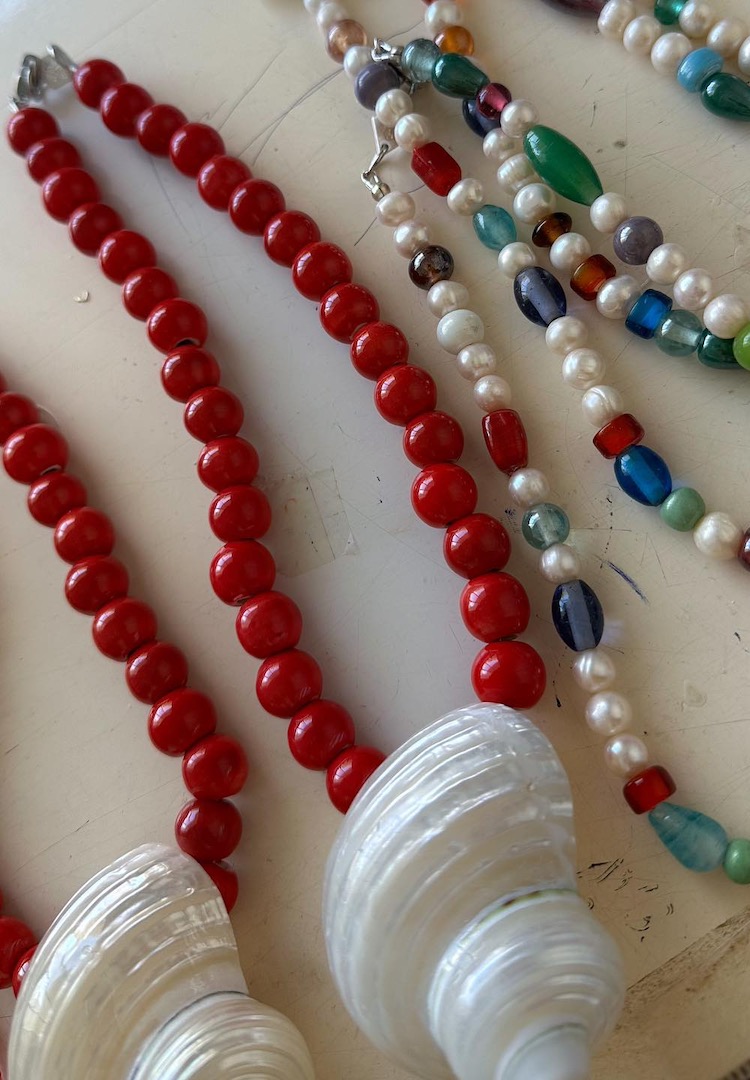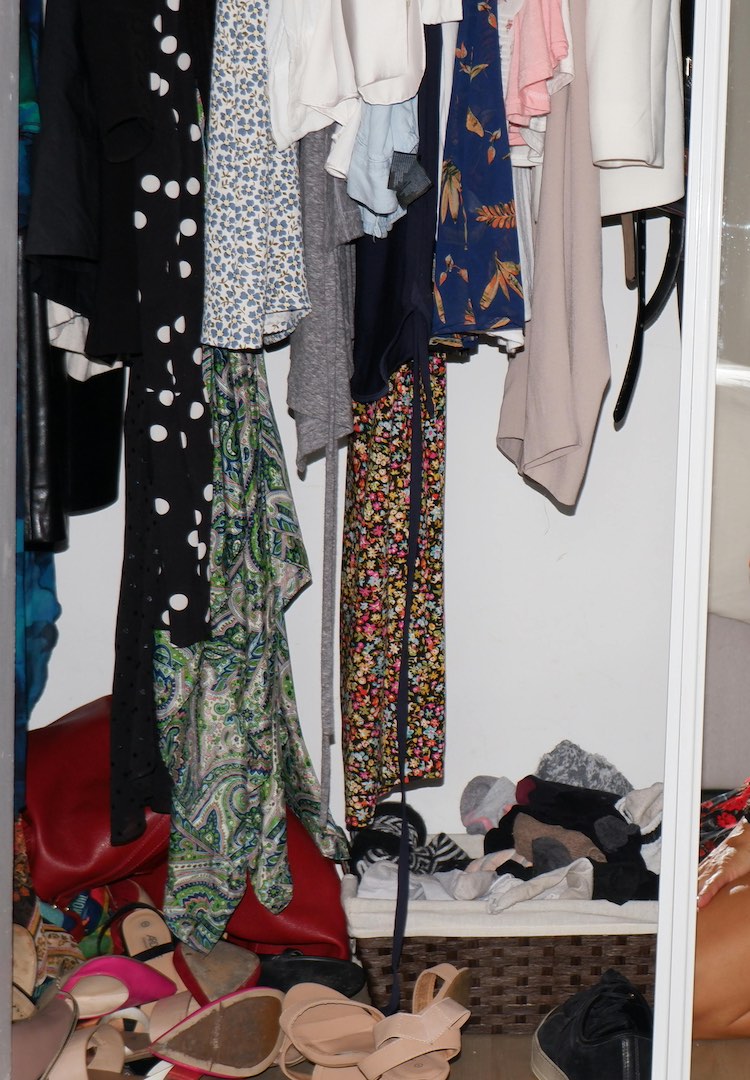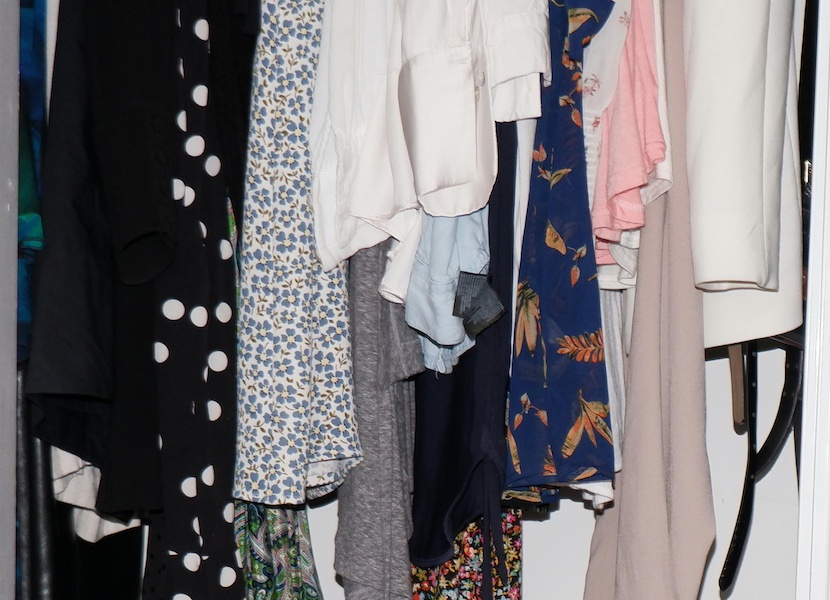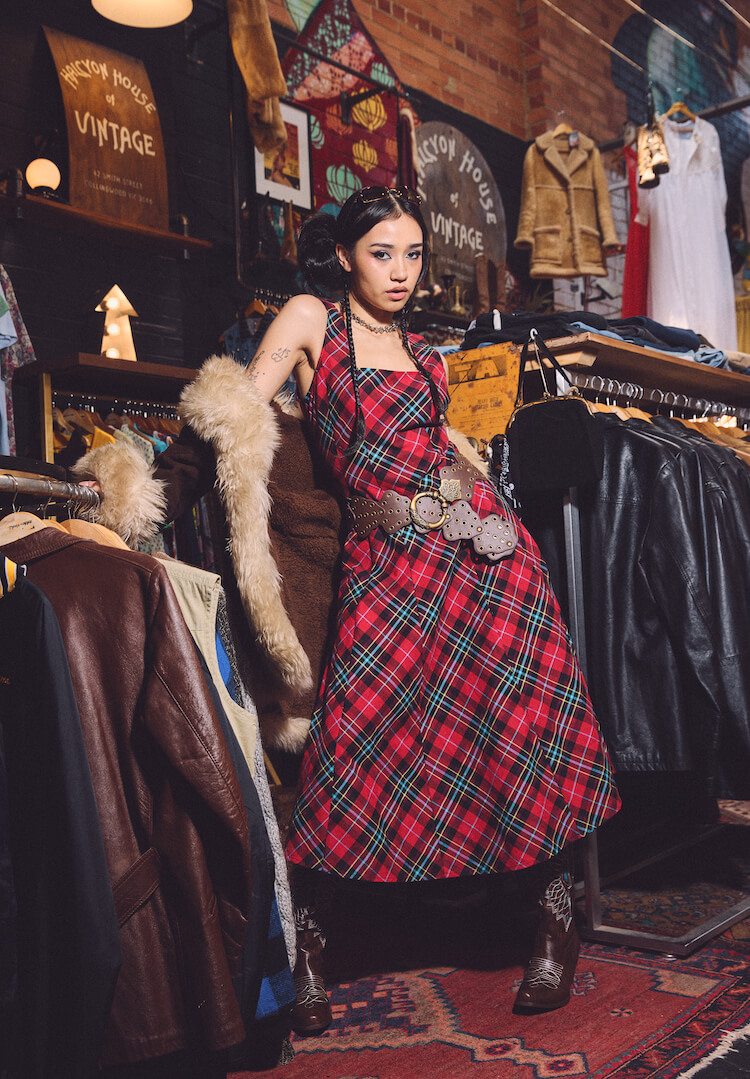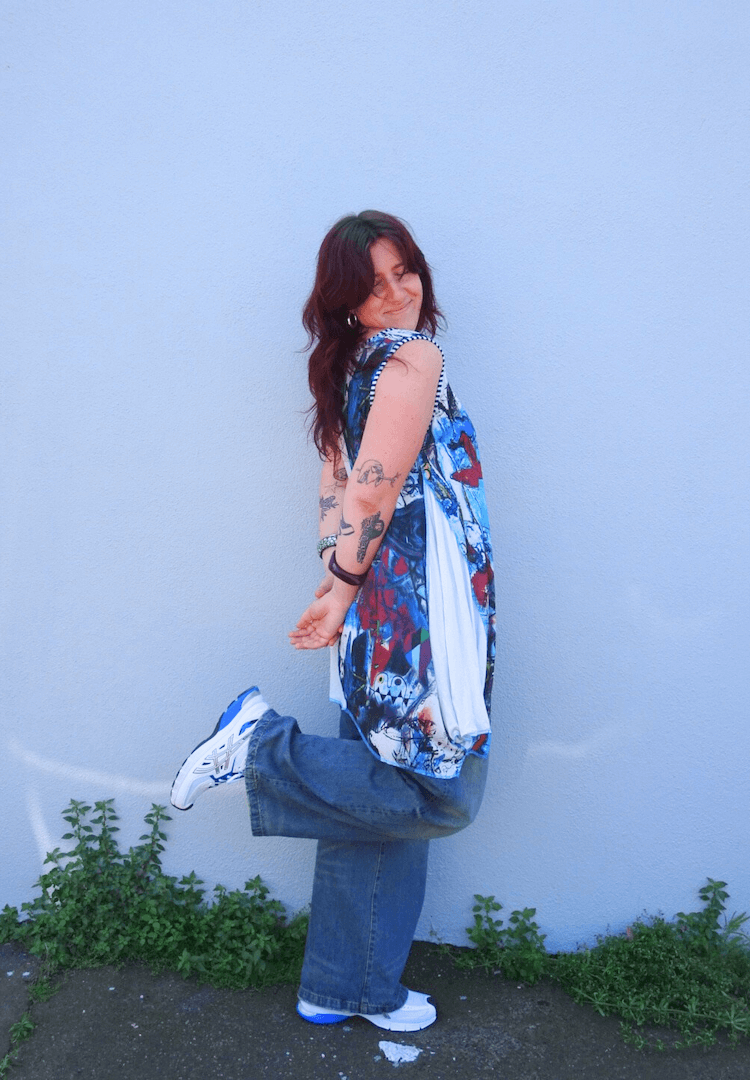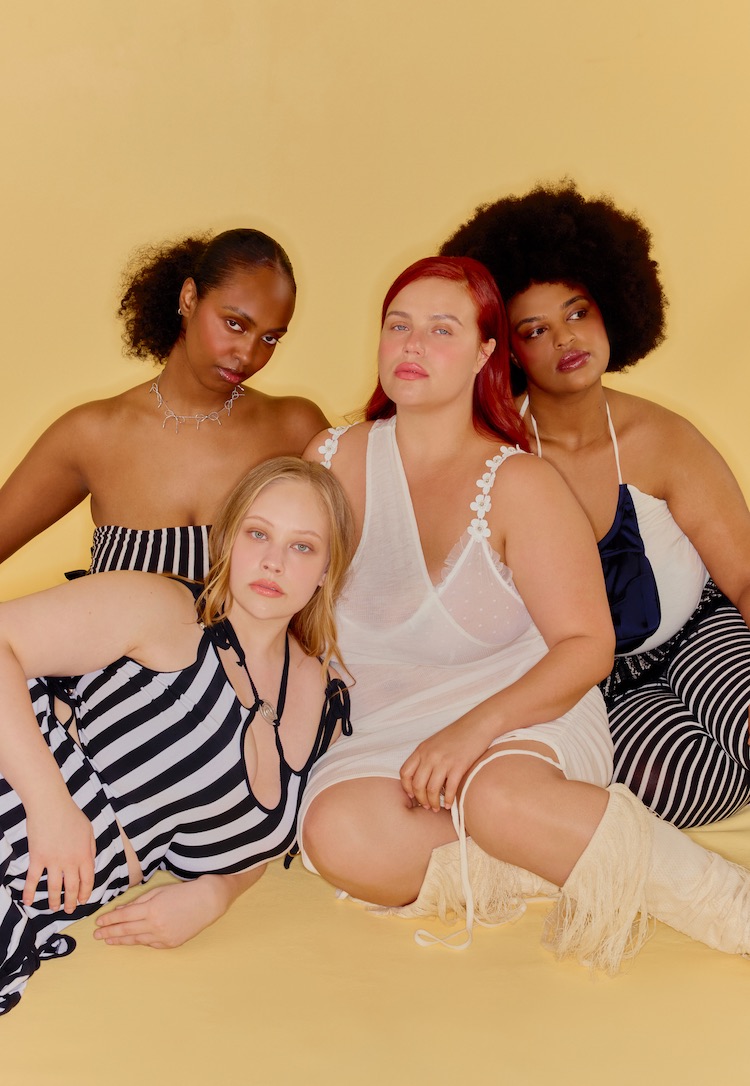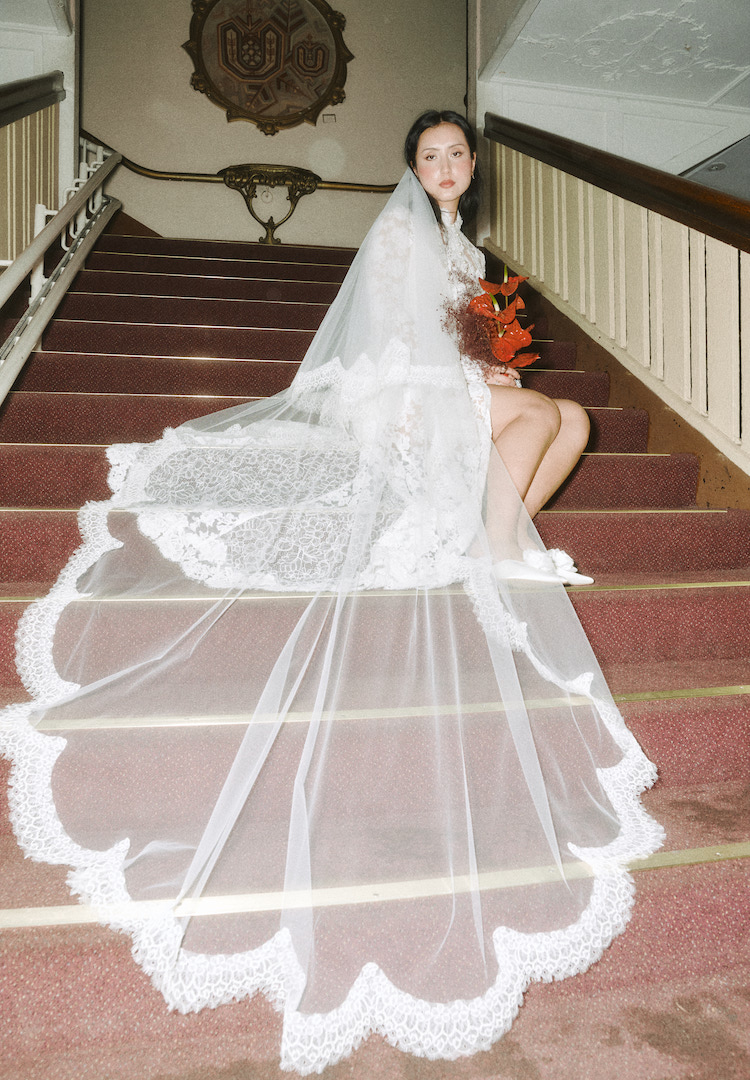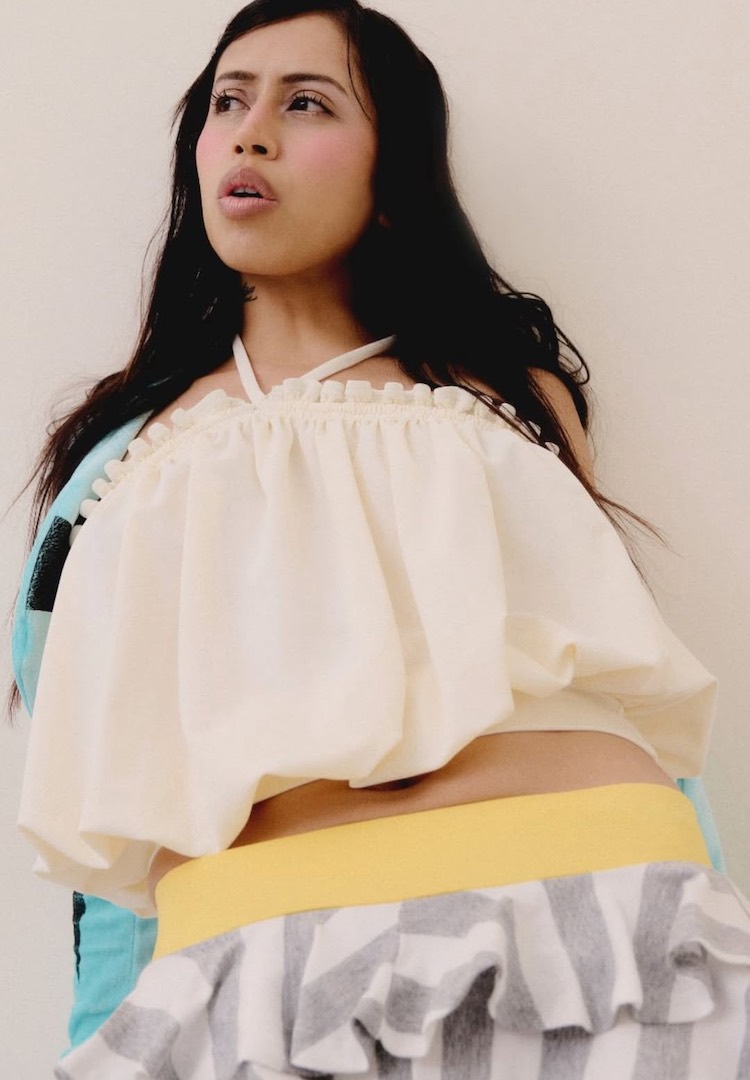The unspoken joy of moving up a dress size
WORDS BY MAGGIE ZHOU
“Removing shame makes room for joy.”
A few years back, a friend of mine and Fashion Journal contributor, Ruby Staley, wrote about the joy she felt after moving up a dress size. “Life-changing,” she called it. The piece went somewhat viral on Fashion Journal and has been shared a number of times since. Something about countering the narrative we’ve all been fed, that there’s some secret shame in moving up a size, really resonated.
“Clothes are to be enjoyed,” she wrote. “They should be a source of delight and self-expression or at the very least, they should be functional, comfortable items to cover our bodies. Nothing more and nothing less.” It was the first time I’d heard someone speak (or in this case, write) positively about sizing up.
For more fashion news, shoots, articles and features, head to our Fashion section.
Ruby sized up after her petite gymnast body grew in her final years of high school, but there are many other reasons a person might need to shift a dress size. For everyone, though, it involves the process of trying to accept your body, wherever it falls. Holly Richards is the founder of AmpleFolk, a Melbourne-based size-inclusive apparel and lifestyle label. At 36, she admits she hasn’t reached a stage of weight contentment and probably never will, though every day she’s inching closer.
AmpleFolk was created in response to the standard sizes of bath towels – a product you’d expect to fit all bodies but sometimes doesn’t. AmpleFolk broke the mould by offering plus-size towels that fit up to a size 34. The label’s ethos mirrors Holly’s relationship with weight. Instead of getting frustrated with her body when clothing doesn’t fit right, she tries to shift that irritation onto the garment itself.
“Part of that acceptance has completely freed me from worrying about the size tags in my clothing,” she says. “I definitely think there’s joy in letting those things go – removing even some of that shame makes room for joy.”
For 35-year-old Melbourne local Tully Walter, sizing up meant prioritising the health of her body after years of “glorifying busyness” and a decade of dysfunctional habits. When her period stopped altogether, she sought the help of a GP, who found she had significant vitamin deficiencies.
“I started learning about nutrition, eating consciously and, above all, prioritising my health in the way I would’ve formerly prioritised work deadlines. On this journey, I also sized up a couple of standard Australian dress sizes.”
It’s refreshing to hear Tully speak about her upsizing as a byproduct of her improved health, rather than the most important thing. It’s refreshing because weight gain is so often wrapped in shame. If anything, her sizing up is accompanied by a dose of pride. “I feel so proud of my now-healthy organs, particularly my cyclically restored reproductive system. I imagine them now well-fed and thriving in their new comfy doona!”
For Sydney-based comedian, author and presenter Lucinda Price, weight gain went from being her “worst nightmare” to something that now feels “totally neutral”. It’s a big feat for someone who’s recovered from eating disorders, an experience she writes about in her memoir, All I Ever Wanted Was To Be Hot.
A longtime lover of fashion, Lucinda had developed some fixed ideas around the relationship between size and personal style, something she had to untangle as she started to recover and gain weight. “A friend of mine said, ‘When you were sick, you weren’t wearing the clothes, the clothes were wearing you.’ That really stuck with me and helped me let go of the idea that I needed to be a certain weight to be stylish and enjoy getting dressed… I see style now as a skill that can be honed.”
Lucinda’s love of fashion remains unwavering and she says her eating disorders didn’t change that. “I don’t think your style has to change drastically when your body does. I think there’s power in wearing the same style of clothing you wore at a smaller size. This is easier said than done, of course. Lots of clothes only go up to a certain size.”
While away on a university exchange in 2020, 27-year-old Ying dropped a couple of dress sizes. At first she was pleased, attributing the weight loss to a high step count and figuring she’d be able to fit a new pair of jeans that were a bit too small. Sadly, a lymphoma diagnosis followed, along with an unexpected side of guilt. “It was only later on, when I finally found out about the diagnosis, that all the pieces clicked in together, and I felt really guilty for feeling so pleased about the weight loss,” Ying tells me.
A couple of years into remission, after she’d gained back her weight and then some, Ying realised she was two sizes bigger than before she had cancer. She began slowly building a new wardrobe. “It felt trivial to have even thought about [weight] so much,” she says. “It’s been a sense of, ‘Well, I’m just glad to be alive at this point and my body’s carried me through this really horrific, traumatic process.’”
Naturally, our bodies change with us as we age. For FJ contributor Tiara Swain, this hit home when she became pregnant with her first child. Her growing belly meant she wasn’t able to fit into her mother’s and grandmother’s hand-me-downs, but an unexpected joy of sizing up was being able to wear her partner’s clothes. After one particular meltdown about her wardrobe which left her dreading going out, Tiara’s fiancé offered his clothes as an option. Since then, she’s been living in his T-shirts and sweatshirts.
“What began with some frustration towards weight gain has evolved into a deeper appreciation for the incredible things my body is doing and an unexpected connection through my partner’s wardrobe,” she says. Looking to her postpartum future, she feels content. “I may not fit into everything I wore before, but I’m excited to discover a new style that makes me feel confident and comfortable as a mother.”
Terms like body positivity and body neutrality aren’t always enough to cover our complicated relationships with our bodies. Many of us exist in the grey area in between. Sizing up doesn’t have to be something that’s overly celebrated if you don’t want it to be, but it doesn’t have to be something that’s vilified, either.
As for Ying, “I still keep coming back to this idea that, well, my body’s seen me through a whole bunch of shit, and I’m just grateful for having gone through it. If this is the body I’m in at the moment, I’ve got to love it, I’ve just got to be grateful for it, and carry on.”
This article was originally published in Fashion Journal issue 195, read it here.
For more on dress sizing, head here.

